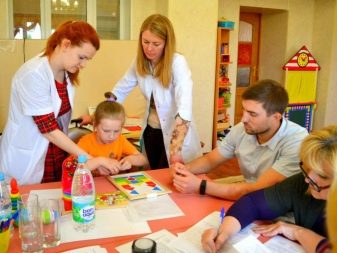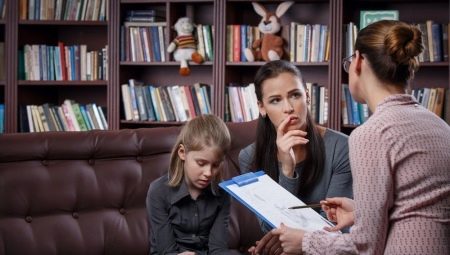The position of teacher-psychologist in educational institutions appeared relatively recently and quickly became one of the most popular specialties. This is due to the large number of conflict situations associated with interpersonal relationships in groups, internal problems of children and adolescents, as well as the complexity of the educational process.
Characteristic
A psychologist is called a specialist who is fluent in two of the most ancient professions - psychology and pedagogy, capable of not only educating the younger generation, but also knowing the subtleties of the psychological development and mental characteristics of the child. People of this profession are often called educators of human souls., which very faithfully reflects the very essence of their work. And if a specialist in the field of psychology owns theoretical knowledge about the human soul, then the pedagogue-psychologist is able to connect this knowledge with educational methods and carry out the adaptation of children in the society surrounding them.
Besides, educational psychologist helps wards to reveal their personal qualities and act in accordance with generally accepted moral standards, and also models their behavior to resolve conflict situations and life issues that have arisen. An expert in his field can see the hidden motives of a child’s behavior, analyze his actions and help him understand himself. With the help of a psychologist, the student learns to set goals and find ways to implement them.
Good specialists in this field are quite in demand in modern society, so the profession can be safely classified as promising.
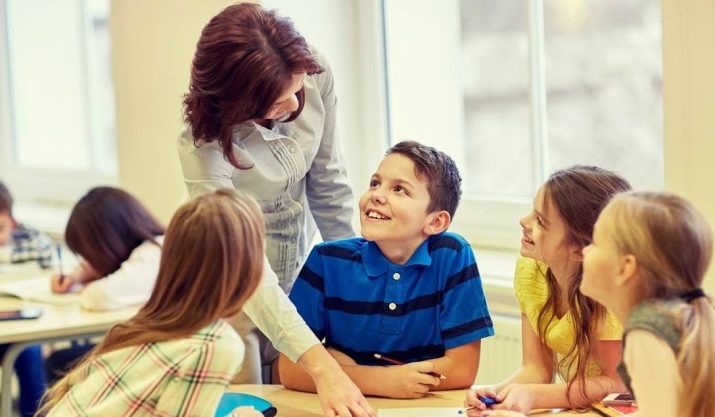
Advantages and disadvantages
The specialty of a teacher-psychologist is very popular among applicants of higher educational institutions, due to a number of indisputable advantages of this difficult, but interesting specialty.
- The ability to provide practical assistance to people is an important moral aspect and allows a specialist to feel useful to society and to feel their need.
- The opportunity to work part-time and to conduct consultations privately allow you to receive additional income.
- Knowledge of human psychology helps build good relations in the family and avoid conflicts whenever possible.
- The field of activity of the teacher-psychologist affects many areas and provides a wide choice of employment.
Along with the obvious pluses, the profession still has disadvantages. They include high emotional stress and worries for their pupils, irregular working hours in organizations and areas such as the Ministry of Emergencies, disaster medicine, orphanages and correctional centers, as well as the need for constant contact with parents of childrenwho are not always ready to follow the recommendations of a specialist, and sometimes even quite hostile.
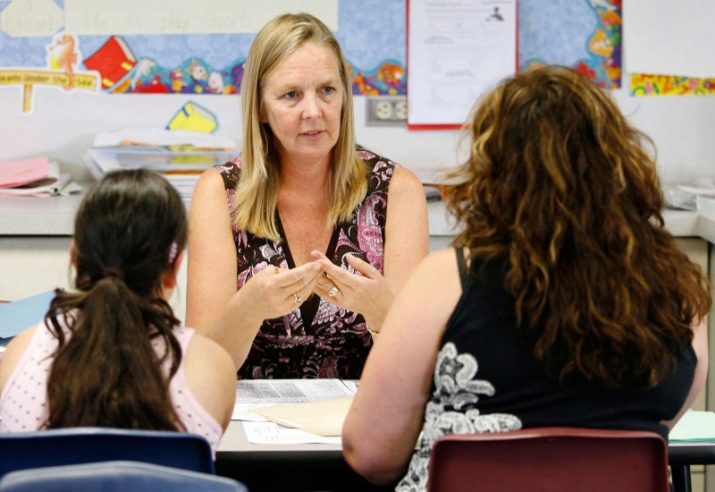
Necessary qualities
Many people can get the profession of a teacher-psychologist; for this, it is only necessary to successfully complete the university and receive the coveted diploma. However, not everyone will be able to become a true professional in their field, since a true teacher-psychologist should have a number of unique qualities. The most important of them are high spiritual organization and a sense of responsibility for the fate and actions of others, as well as the gift of persuasion and the ability to exert a psychological impact.
An equally important quality is competent speech and the ability to correctly and easily express your thoughts. The teacher-psychologist must have a huge vocabulary and have deep knowledge in the field of history, literature and art. This is necessary for the argumentation of a particular model of behavior and its visual consideration on the example of the actions of bright historical or literary characters.
The teacher-psychologist should be stress-resistant and balanced, sociable and optimistic, observant and insightful, as well as be able to quickly adapt to the proposed circumstances and mentally put himself in the place of the pupil. In addition, the teacher-psychologist must have an analytical mindset, have a good memory and have a large amount of knowledge from areas related to psychology and pedagogy, such as medicine, law and corrective pedagogy.
An experienced specialist should be well versed in the intricacies of age-related periodization and know the psychological characteristics of each period of a person’s life. Of the personal qualities necessary for a specialist, it is worth noting politeness, good breeding, a sense of tact, friendliness, compassion, empathy, justice, patience, tolerance and the ability to listen.
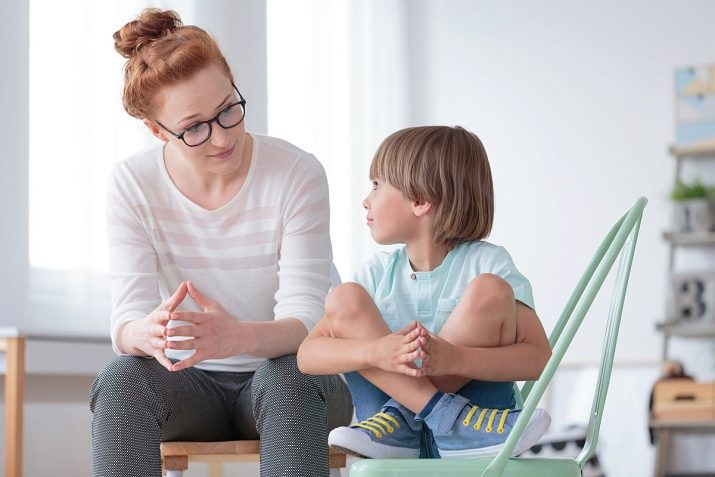
Responsibilities
Despite the fact that the functions and professional standard of a teacher-psychologist depend on the field of activity and specialization of the institution in which he works, many job descriptions are equally true for specialists of crisis centers and for employees of educational institutions.
Below is the main responsibilities of a staff psychologist at a secondary school.
- Psychologist obliged to work to preserve the mental and communicative well-being of students and act in accordance with the Convention on the Protection of the Rights of the Child.
- The specialist must analyze the external and internal factors, negatively affecting the development of the personality of each individual student, as well as take measures to provide him with psychological assistance.
- The teacher is required conduct research on the assessment of the psycho-emotional state of children, make psychological and pedagogical conclusions and timely identify deviations.
- A school psychologist should provide psychological support to creatively gifted students and contribute to unlocking creativity in other children.
- The specialist must keep records in accordance with established forms and upon request, present it to regulatory authorities.
- The teacher should help students find a way out of any conflict situations and learn to deal with their internal problems.
- In addition to helping children, the psychologist is obliged to give professional advice to other teachers of the school, as well as to the parents of the students.
- The psychologist must organize and conduct various socio-psychological trainings, surveys and tests., as well as conduct classes on the prevention of social maladaptation.
- If necessary specialist must develop and adapt developmental and correctional programs for each individual studentaimed at working with children with mental retardation.
- The duty of the teacher-psychologist is identification of children at risk, which includes students who do not have friends, students with weak emotional stability, conflict lovers and gamers. Even a slight deviation in the student’s behavior serves as a signal for the beginning of explanatory, preventive and corrective work with the child and his parents.
- An important function of a school psychologist is to identify and monitor children with behavioral abnormalities., which are manifested in hyperactivity, excessive anxiety, excessive shyness, aggression, the presence of constant fears and lack of attention. In more serious cases, such as developmental delays, difficulties in mastering the program and difficulty in thinking, the psychologist must inform the parents and the school administration and, together with other teachers, start working with the student on an individual program. If the attempts of the teaching staff did not lead to success, and the student continues not to master the school curriculum, the psychologist should raise the question of convening a commission and transferring the child to a special educational institution.
- Psychologist obliged to monitor the progress of each student and, when it is sharply reduced, invite a teacher and a child to a conversation. If a conflict is detected between the teacher and the student, the psychologist must promptly respond and take all measures to level the situation.
- The responsibilities of the school psychologist extracurricular activities are included to identify explicit leaders and hidden conflicts between children. To diagnose relations in a team, a specialist comes up with team games and carefully monitors the behavior of children. When identifying warring parties, the psychologist creates a situation in which both parties to the conflict find themselves in the same team and are forced to cooperate.
The task of the teacher is to rally the team and prevent the appearance of contention, abuse and boycotts in it.

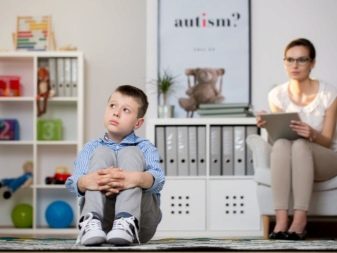
Thus, the range of duties of a teacher-psychologist is not limited to working with difficult children, but includes correctional-developing, analytical, consulting, educational activities, as well as diagnostics and psychological prevention. The teacher is obliged to draw up annual plans for each type of activity and include them in the work program in accordance with the requirements of the Law "On Education".The program should include measures to identify dysfunctional families in the social risk zone, as well as planning to work with parents of students in order to monitor the upbringing of children in families.
Especially important is the role of a psychologist in elementary school, where a specialist must determine the readiness of each student to learn and help children adapt to unusual conditions.
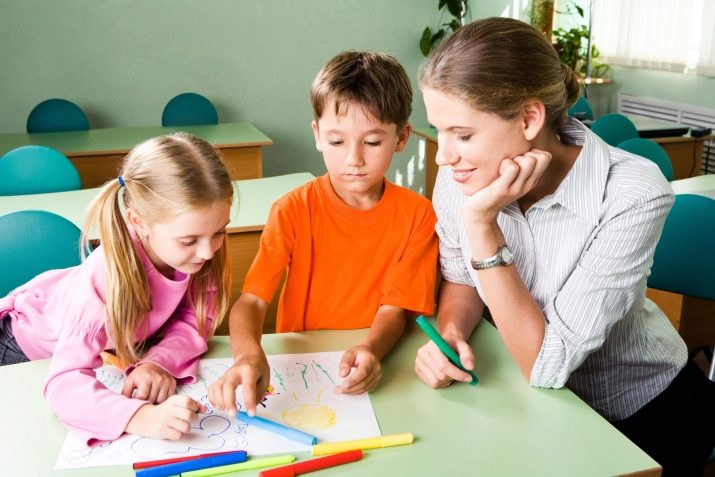
Training
In order to get the profession of a teacher-psychologist, you need to get a higher education in the specialty “Psychological and pedagogical activity”. The term of study at the university is 4 years under the full-time undergraduate program and 5 years in the correspondence course. If desired, the graduate can enter the magistracy and after two years get a higher qualification - a master’s diploma. Besides, Graduates of pedagogical universities with a teacher’s diploma can undergo retraining in the specialty “Psychology” and get the opportunity to work as psychologists in educational institutions.
Applicants to universities for the specialty “Psychological and pedagogical education” should have the results of the exam in the Russian language, mathematics and biology. In addition to budget places for this specialty, there are also commercial groups, the cost of training in which varies depending on the status of the university and ranges from 80 to 200 thousand rubles a year.
In addition to specialized disciplines, students studying in this specialty learn the basics of management and personnel management, which significantly expands the number of places for future employment.
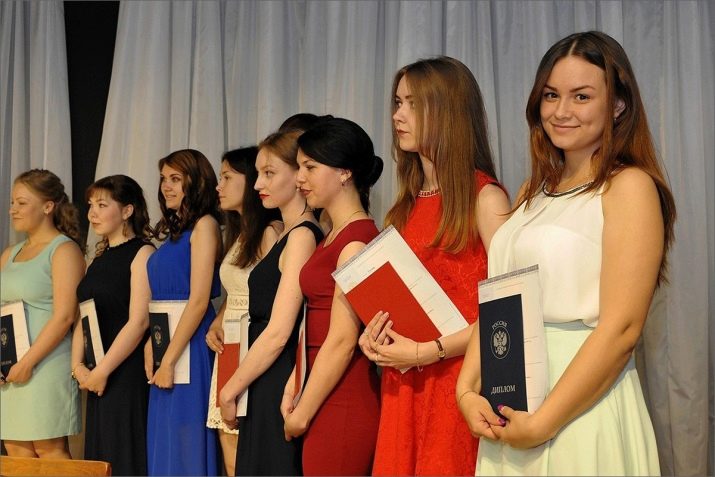
Where does it work?
After receiving a diploma, a teacher-psychologist can conduct classes with children in developing centers for early development, work in preschool educational institutions, secondary schools and secondary special educational institutions. Besides, such specialists are always in demand in correctional education centers, military units, units of the Ministry of Emergencies, rehabilitation institutions, medical centers, children's hospitals and sanatoriums. Psychologists work in various departments of social services, for example, in shelters for people in difficult situations, as well as operators of “hotlines” and staff police and educational colonies.
Graduates who have completed postgraduate studies have the right to teach and can conduct psychology at universities. More experienced specialists who are fluent in this difficult specialty often open private psychological assistance rooms where they provide services to all those in need.
As for the size of wages, it depends on the length of service, region and status of the institution. Salaries range from 15 thousand rubles from a young school psychologist to 100 thousand rubles from an employee of a private center for psychological assistance.

